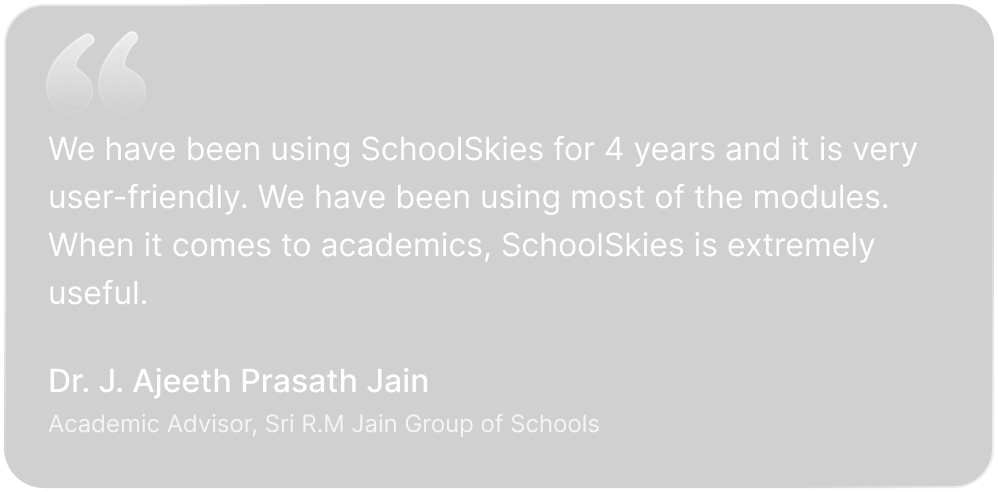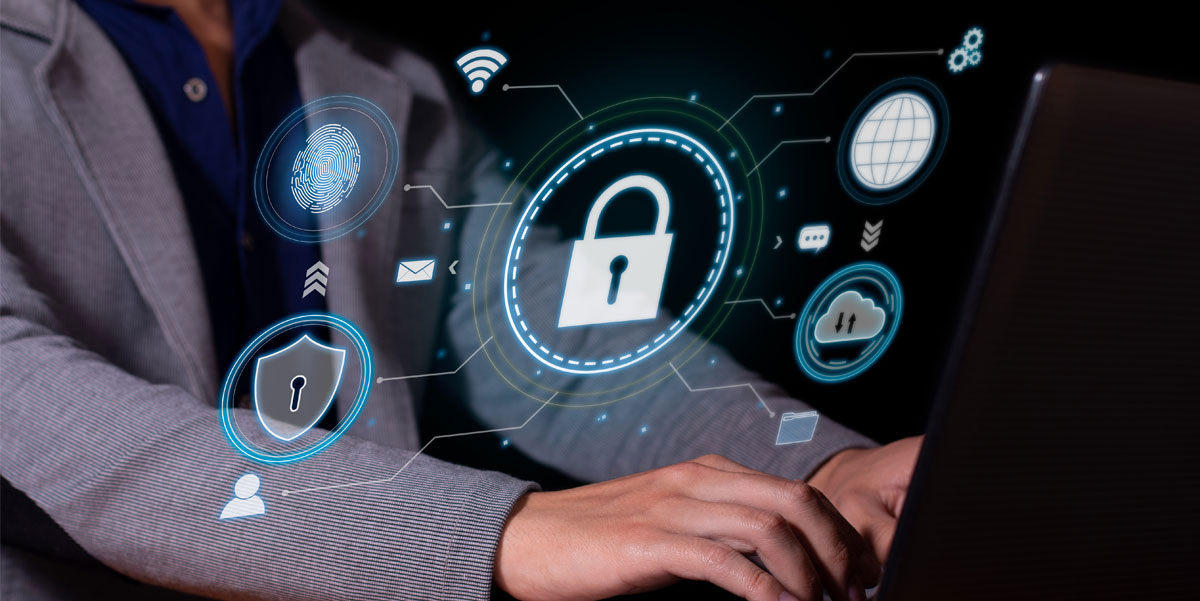Start Your Free
Trial Now


In an era where technology plays a pivotal role in shaping the educational landscape, the integration of School Enterprise Resource Planning (ERP) systems has become indispensable. While these systems offer unparalleled efficiency and organization, the paramount concern lies in ensuring the security and privacy of sensitive information within the digital realm. In this blog post, we delve into the crucial aspects of securing School ERP systems to create a safe and trusted environment for students, parents, and educators.
The sensitive nature of data handled by School ERP systems, including student records, grades, and personal information, necessitates a robust security framework. Understanding the stakes involved is the first step in establishing a comprehensive strategy to safeguard against potential threats.
The implementation of encryption protocols for data at rest and during transmission is non-negotiable. This ensures that even if unauthorized access occurs, the data remains indecipherable, providing an additional layer of protection against potential threats.
Schools must conduct regular security audits to identify vulnerabilities and proactively address potential risks. Timely updates and patches from ERP providers are essential to stay ahead of emerging threats, ensuring that the system is fortified against security breaches.
Implementing role-based access controls ensures that users have access only to the information necessary for their roles. This granular control minimizes the risk of unauthorized access to sensitive data and strengthens the overall security posture of the ERP system.
Educating users about best practices for online security is a critical yet often overlooked aspect of ensuring data privacy. Conducting regular training sessions for staff, teachers, and students can significantly reduce the risk of unintentional security breaches, such as phishing attacks.
Unforeseen events such as system failures or cyber-attacks can pose a threat to data integrity. Implementing robust data backup and disaster recovery plans ensures that schools can quickly recover and resume normal operations in the event of a data loss, minimizing potential disruptions.
Building trust within the educational community involves transparent communication regarding the security measures in place. Clearly articulating the steps taken to protect sensitive data fosters confidence among stakeholders and reinforces the commitment to data privacy.
Choosing a reputable ERP provider with a proven track record of prioritizing security is paramount. Schools should conduct thorough research, assess the security features offered by the vendor, and select a partner committed to maintaining the highest standards of cybersecurity.
Choosing a reputable ERP provider with a proven track record of prioritizing security is paramount. Schools should conduct thorough research, assess the security features offered by the vendor, and select a partner committed to maintaining the highest standards of cybersecurity.
In the digital ecosystem, schools often use multiple tools and platforms. Administrators are responsible for integrating the ERP system with other external systems, such as finance software, to create a cohesive and interconnected digital environment.
ERP systems are not immune to occasional challenges or user queries. Administrators provide ongoing user support, troubleshoot issues, and collaborate with ERP providers to resolve any technical challenges promptly.
As schools embrace the digital age, the roles and responsibilities of administrators expand to encompass the strategic integration and management of ERP systems. In unveiling these responsibilities, we recognize the pivotal role administrators play in steering educational institutions toward a future where technology enhances efficiency, communication, and overall educational excellence. The seamless integration of ERP is not just a technological upgrade; it is a transformative journey that empowers administrators to pioneer excellence within the educational landscape.